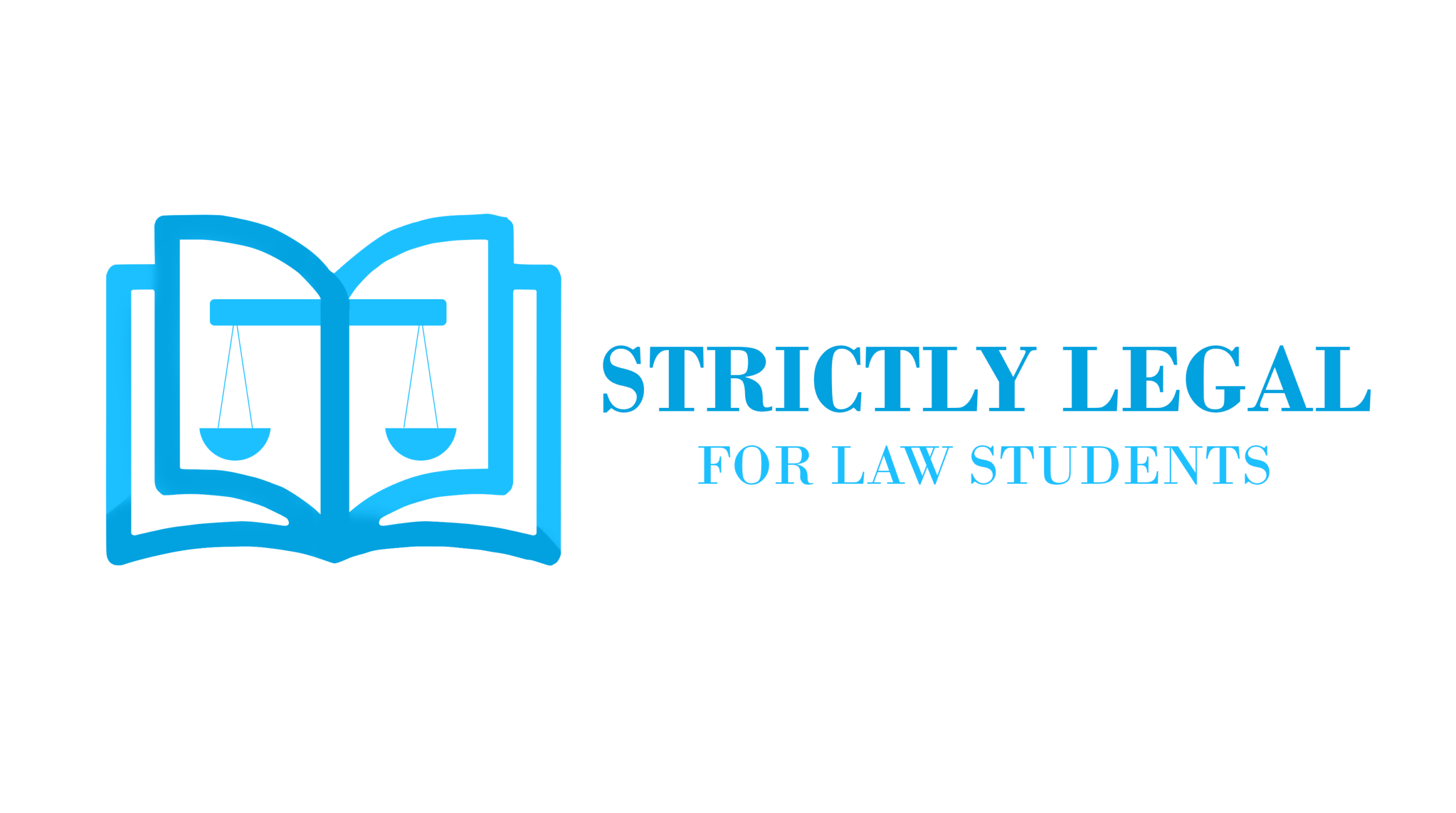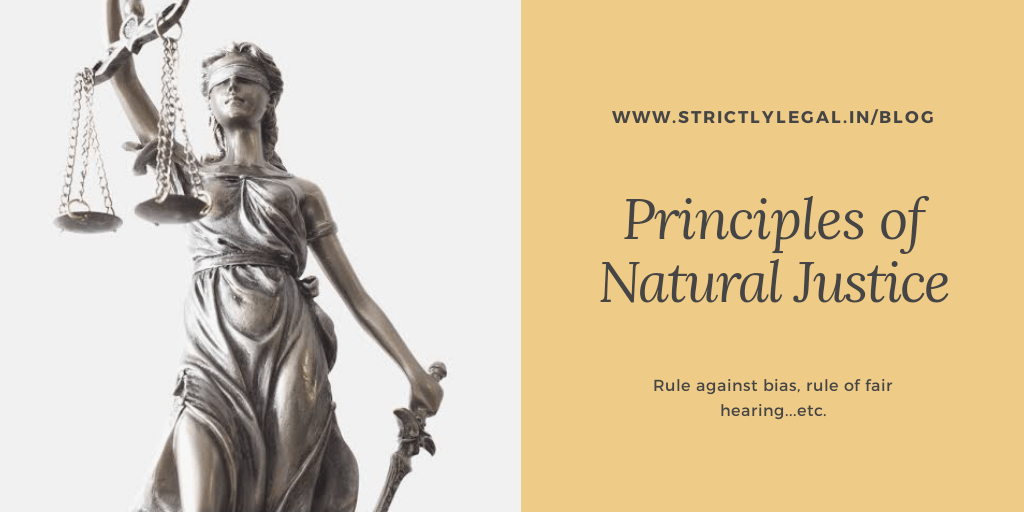Administrative Law is the outgrowth of the growing power of the government and the socio-economic functions of the State. Administrative Law has become very important in the modern-day and age as the relation between the authorities and the people has become very complex.
Austin has defined administrative Law as the law, which determines the ends and modes to which the sovereign power shall be exercised.
In his view, the sovereign power shall be exercised either directly by the monarch or directly by the subordinate political superiors to whom portions of those are delegated or committed in trust.
Bernard Schawartz has defined Administrative Law as “the law applicable to those administrative agencies which possess of delegated legislation and ad judicatory authority.”
Jennings has defined Administrative Law as “the law relating to the administration. It determines the organization, powers, and duties of administrative authorities.”
Read the Difference between Administrative law and Constitutional law
In ancient times, the role of the government was quite simple. It was limited to acts like maintaining internal peace and order, raising and using taxes and protection from foreign invasion.
However, it does not mean that there existed no administration in the times. Indian history shows the presence of well organized administrative law under the Mauryas, Guptas, and the Mughals system of administration under the East India Company.
The role of the State and government, is multifold and they are considered to be the keepers of state welfare, consequently, no corner can be left unchecked by the government.
Every activity is directly or indirectly controlled and affected by the State and the government. Along with the powers and rights comes the responsibilities, which are guided by Administrative Law.
Administrative Law is that branch of law, which deals with the composition of powers, duties, responsibilities, and liabilities of the various organs of the government.
The development of administrative law is inevitable in this time and age as it reflects the laws under which administration is carried out.
The concept of Laissez-Faire manifested the ideas of individualism, self-help, and individual entrepreneurship in the 19th century.
It brought forward the idea of minimum government control, maximum free enterprise, and contractual freedom.
The State was limited to maintaining law and order, collecting taxes, and defending the country from external aggression.
This, in turn, brought human misery. The bargaining power of different individuals was different and contractual freedom led to the exploitation of the weaker section of the society.
The rich had all the power and the poor became poorer. It was then recognized that the state should play an important role in the upliftment and welfare of the poor.
This favored the role of the state in matters of individual enterprise and social control. The state assumed a “positive” role. The shift from “individual welfare” to “social welfare” brought about the need for administrative law.
The expression “Administrative Law” may mean two different things, namely,
(a) law relating to administration, and
(b) law made by the administration.
The latter would itself be of two kinds.
Firstly, it may be rules, regulations, orders, schemes, bye-laws, etc., made by the administrative authorities on whom the power to make such subordinate legislation is conferred by a statute. This may be called rule-making.
Secondly, certain administrative authorities have the power to decide questions of law and/ or fact affecting a particular person or persons generally, i.e., adjudication.
Most of such powers are exercised quasi-judicially. Such decisions apply a statute or administrative policy and instructions to specific cases. In doing so they create a body of administrative law.
The place of administrative law in the legal system:
Broadly speaking, the law in a modern state is divisible into public law and private law. The latter concerns the legal relations of individuals or groups of individuals or associations while the former deals with the relations between the states on the one hand and the individual or groups of individuals or associations on the other hand.
Whenever a question arises as to the relationship in various circumstances between the state and the individual, it falls in the domain of public law; for instance, constitutional law, administrative law, criminal law, the law of taxation, etc., are all branches of public law.
The law of contracts, transfer of property, association, etc., would be private law particularly when the state is not a party to such private law relationships.
While private law is found to prevail in any organized society, public law presupposes a government under the law.
It is only when the structure of the state is formed by law and when the government functions according to the law that the relations between the state and the individual can be governed by the law which may be called public law.
The basic structure of the state may be called the constitution. Constitutional law, therefore, deals with the distribution of the power of the state among its three branches and the rights and duties of the citizens of the state, vis-a-vis the state. In a wide sense, it would include administrative law.
With the abandonment of laissez-faire and advent of modern philosophy of a “welfare” state, the administrative organ in almost all the democratic countries is performing a large variety of functions.
The main task of the administrative organ is no longer merely policing and defense. It has expanded to regulatory and managerial functions.
The enormous increase in the functions of the administration in the modern welfare state has gradually led to the treatment of administrative law as a separate subject.
For, the increase in the powers and duties of administration has brought it in conflict with the individual from various walks of life.
This has led to an increase in the content of administrative law which necessitated the treatment of administrative law as a separate subject.
The main motivation for the growth of administrative law is the need of the government to extend its powers of control over different spheres of human activity and a corresponding need for the definition of the powers of the administration and their control in the interest of the individuals affected by their exercise.
The increase in functions and powers of administration calls for its control and regulation. The legislature can pass laws of general application. It cannot control the application of the law to the individual.
Members of the legislature can indeed be approached by an individual aggrieved by an administrative action but the scope of redress of such grievances through the legislature is extremely limited.
Questions in Parliament can be asked regarding the wrong action of the government or administrative authority. As the government and the administration are responsible for the legislature, they may try to redress the grievances of an individual through departmental action when a matter appears in discussion in Parliament but Parliament is busy with questions of general policy and law-making.
Its influence on the redress of individual grievances is, therefore, necessarily limited.
The individual can, however, seek remedy against administrative action either by representation to the administrative authority concerned or by recourse to the law courts.
A purely administrative authority can attend to a complaint of an individual and can give relief if some obvious wrong has been committed. But in the nature of things, administrative authorities develop a departmental bias in favor of their action or actions of their subordinates.
For, they carry out administrative policies. It is generally difficult for them to be so objective and detached in their attitude to discover flaws in their actions.
If an administrative authority is acting quasi-judicially then it acts objectively and according to the natural justice procedure.
If a defect in the procedure is pointed out to it, it is often likely to cure the same. But quite often it may believe that it has followed the correct procedure and would refuse to give relief against a complaint. In the vast majority of grievances, therefore, the remedy has to be sought in the courts of law.
The following brief outlines of the Indian Constitution will bring forward the need to study of administrative law:
Firstly, the Constitution not only deals with the structure and organization of the Central Government but also of the State Government.
Secondly, in a federal setup, the Center-State relationship is very important and the Constitution of India lays down detailed norms regarding it.
Thirdly, the Constitution has reduced to writing many norms of the British rule, for example, the Collective Responsibility of the Cabinet.
Fourthly, to remove distrust among various communities and groups in India and to protect the interest of the weaker section of the society.
Fifthly, to promote social welfare, on the basis of which the state of India was formed.
Lastly, the Constitution not only lays down the fundamental principle of governance but also many administrative details regarding citizenship, official language, governmental offices etc.
The Constitution of India has a significant effect on laws including administrative law.
It is under this fundamental that laws are made and executed, all governmental authorities and the validity of their functioning adjudged.
No legislature can make a law and no governmental agency can act, contrary to the constitution no act, executive, legislative, judicial or quasijudicial, of any administrative agency can stand if contrary to the constitution.
The constitution thus conditions the whole government process in the country. The judiciary is obligated to see any governmental organ does not violate the provisions of the constitution.
This function of the judiciary entitles it to be called as guardian of the constitution.
Today in India, the Administrative process has grown so much that it will not be out of place to say that today we are not governed but administered. It may be pointed out that the constitutional law deals with fundamentals while administrative with details.
The advantage of this administrative process is that it could develop new techniques, processes, and instruments to handle the ever-growing modern society.

Users not registered with Strictlylegal can Email us their content and the same are posted through this account. In case of abuse, kindly let us know at [email protected]





